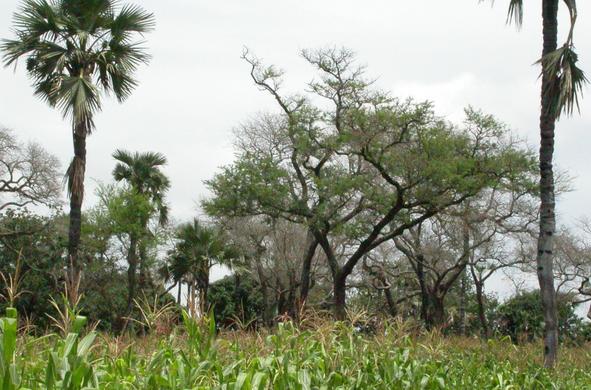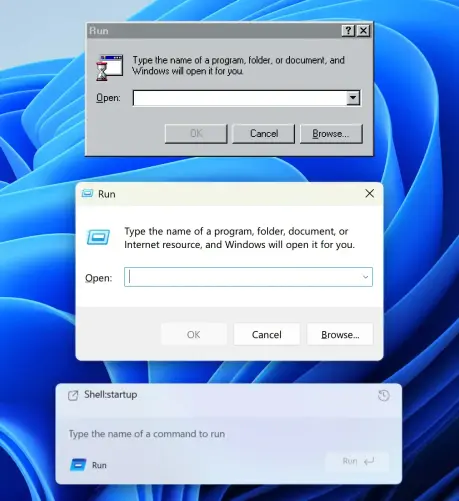2026-01-13 18:25:51
Muddled.
'Value' has specific meanings in Marxist political economy.
It isn't the appropriate term for what Boillier is discussing.
'Wealth' is closer but still not right.
It's a matter of standpoint: the abundance of nature isn't purely for human use, so those two terms don't apply well, or at all.
Toward a New Theory of Value (and Meaning): Living Systems as Generative - resilience
2026-01-13 15:01:13
Angesichts von Trumps Säbelrasseln und offenem Drohen sollte selbst dem letzten Transatlantiker klar sein, dass nur ein vereintes und föderales Europa mit einer echten europäischen Armee seine Freiheit sichern kann. Lasst endlich die fixe Idee nationaler Interessen fallen, so #GEDANKENBLITZ | Appell an die Politik
2026-01-06 09:42:28
It’s hard to justify #macOS #Tahoe icons
https://tonsky.me/blog/tahoe-icons/
Another good example how
2025-12-10 19:26:20
Also my #infosec friends could learn a thing or two here from disaster prep if this isn't already a familiar idea.
Do you have a MISL for a large scale cvss 9 0-Day that's being exploited in the wild? Have you run a table top? You fucking should. Especially since we've all been through that shit several times now. You should absolutely have a clear plan of what's gonna happen, and your whole team should be able to respond.
2025-11-26 10:53:00
2026-02-08 14:11:25
Admiring the genius of "Apollo 13" (1995)! 🌌 This film epitomizes unmatched ingenuity and teamwork, surmounting incredible odds. It embodies Churchill’s wisdom: success isn't final, failure isn't fatal; courage to continue is vital. 💪🚀 #Apollo13 #CinematicMasterpiece
2025-12-07 11:31:39
Take note, Apple. https://mastodon.online/@grumpy_website/115673036992705122
2026-01-05 20:27:25
The icons in the menu entries on #macOS Tahoe are confusing and distracting. This article explains it in detail. https://tonsky.me/blog/tahoe-icons/
2026-01-28 02:22:52
So now that Meet.Coop isn't working (they shut down the @… instance and don't seem to be able to bring it back) wondering if anyone knows of another #privacy or #cooperative
2025-12-25 04:07:45
So I was pretty enthusiastic about #DNS4EU at first.
Then I've discovered it blocklisted some random pastebin. Well, it happens. I mean, pastebins frequently get into trouble because of people pasting random shit. So I've filed an unblock request. I've suddenly got a mail to confirm registration in some random company's system — I suspect it was related to DNS4EU, but no clear indication. I've ignored it.
Then they've blocklisted my mail provider, for no apparent reason. It's still blocked. I've switched to the "unfiltered" version to be able to access my mail again.
Today I've gotten a mail via my backup MX. My main MX is up. My educated guess is that sysadmins using DNS4EU now get my mail redirected to their "site blocked" server. Isn't that great?
PS. Maybe if more people filed unblock requests for "poczta.ftdl.pl", it would help. It's a non-profit e-mail provider.
#DNS #ItsAlwaysDNS



